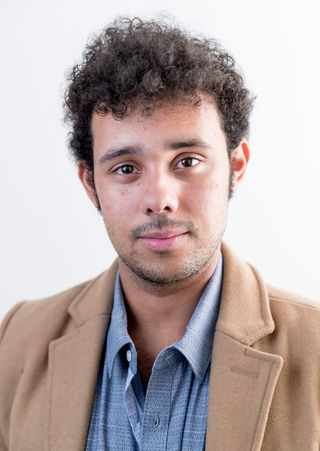Key points
- Some of the world’s top universities (Yale, Stanford and the University of Southern California) and Hollywood celebrities are implicated in a $US25 million college admissions bribery scandal.
- Both sides of American politics have called for major reforms, although commentators believe some other systematic problems aren’t being addressed.
- It is expected many of the Democratic candidates in 2020 will have key policy platforms which include changes to higher education.
The scandal
The college cheating scandal which has embroiled Hollywood stars Felicity Huffman (Desperate Housewives) and Lori Loughlin (Full House) has made headlines around the world. On March 12, ‘Felicity Huffman’ was the most-searched Google term globally, with 5 million hits in a single day.
More than half of the 50 people charged in the FBI’s Varsity Blues undercover operation were parents. The operation's alleged ringleader William Rick Singer has pleaded guilty to racketeering, money laundering, conspiracy and obstruction of justice, in what amounts to 761 “side doors” of admission created for the children of some of the world’s richest parents at some of the world's most exclusive universities.
The affidavit in the case lists five main factors in the conspiracy: bribery of college exam administrators, bribery of athletic coaches, 'ringer' (having a third party take an exam for someone else), falsification of college application documentation (including the students’ ethnicity), and disguising the nature of bribery.
More than half of the 50 people charged in the FBI’s Varsity Blues undercover operation were parents.
Parents would pay Singer anywhere between US$200,000 to US$6.5 million – depending on the university they wished to gain admission into. Huffman and her husband, actor William H. Macy, originally considered sending a 'ringer' to sit their daughter’s SAT, but eventually settled on $15,000 to secure unlimited time for their daughter to complete the test. Loughlin and her husband paid $500,000 to increase the chances of entry for their child into the University of Southern California. Loughlin also allegedly photographed her daughter so that it appeared as though she was a leader on the LA Marine Club’s rowing team.
Calls for reform
Vermont senator Bernie Sanders' 2016 bid for the Democratic presidential nomination had higher education reform as one of its key platforms. This was followed by a push for his College for All Act. It is expected many of the Democratic candidates in 2020 will have key policy platforms which include changes to higher education.
Education experts and media commentators have called for reform – and grassroots initiatives that challenge the norms of the college admission process like the Character Collective, and the SAT-Optional movement, are gaining traction. Even in an increasingly divided political climate, this is an issue that has earned condemnation from both the American Left and Right. Even Mary Clare Amselem of the conservative Heritage Foundation has commented: “Congress could change this by limiting the out-of-control lending for student loans and dismantling the accreditation monopoly that allows this outdated college system to fester and grow.”
This forms part of a broader narrative of opposition between the Trump administration and elite colleges, most recently with tax reforms that force institutions with an endowment of more than $US500,000 per annum to pay 1.4 per cent on any gains received (Harvard’s endowment was $US37.1 billion in 2018).
The National Association for College Admission Counseling (NACAC) released a public statement on March 12 in which it urged its 15,000 national members to “redouble their commitment to integrity within the college admission process”, however the rise of private education consultants (charging US$850 to US$10,000 per service) stands in contrast to the public average of 482 students per education counselor.
Over the years, the rapidly decreasing acceptance rates of elite tertiary institutions has become a ‘badge of honour’, and an indication of quality, rather than exclusion
Over the years, the rapidly decreasing acceptance rates of elite tertiary institutions has become a ‘badge of honour’, and an indication of quality, rather than exclusion. In an increasingly competitive environment, the (legal) practice of ‘college consulting’ is still in place. It refers to the process in which wealthy parents pay up to US$1.5 million to help their children master admissions systems through exam preparations, honing classes and extracurriculars for a more favourable transcript.
This reflects a broader system of embedded educational inequality in which US colleges enrol more students from the “top 1 per cent of earners than the bottom 60 per cent combined”. When the managing director of a prominent New York college consultancy was pressed on college consulting practice, he responded: “Is that unfair? That the privileged can pay? Yes. But that’s how the world works”.
The intense scrutiny, scale and Hollywood element of this latest scandal could begin to change the way the US tertiary education system works.






